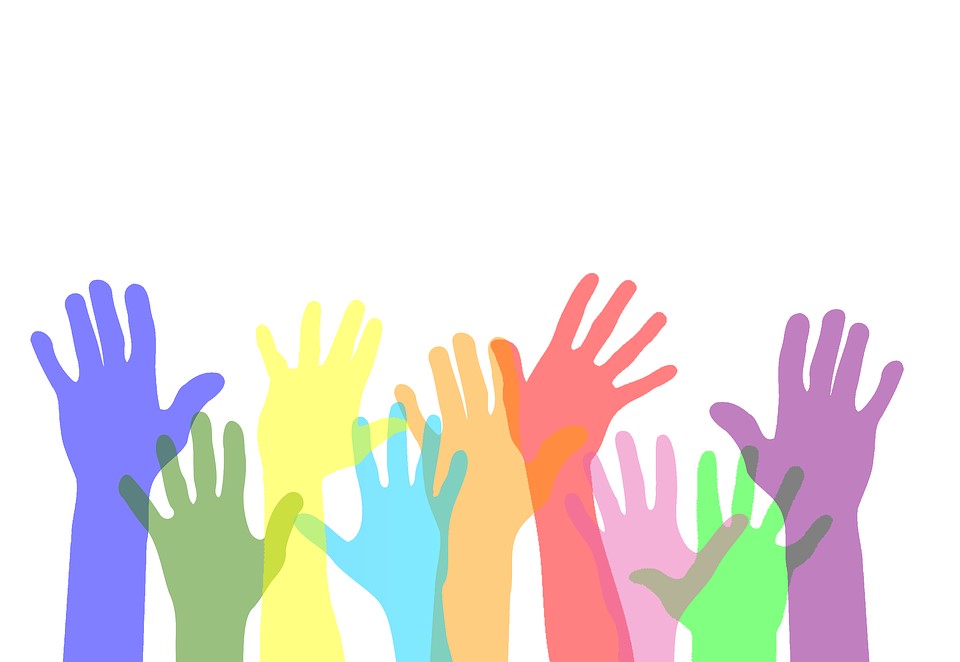Philanthropy
US Philanthropy Becomes More Institutional, Skews Towards Wealthy – Citigroup Study

The US banking group drills into the details of philanthropy in its domestic market and internationally.
US philanthropy is becoming increasingly institutional as charitable giving shifts from individuals towards corporations and foundations, a Citigroup study finds.
In the US, Citigroup said it noted that fewer people are giving to nonprofits in the US while the average donation size is increasing, indicating a shift towards those who can give at higher levels.

While part of the study concentrates on Citigroup's domestic US market, its findings are relevant for other countries, given how trends in the US are often taken up elsewhere. The start of the “giving season” ahead of Thanksgiving often stimulates throughts about philanthropy – although it is a year-round topic for wealth advisors. The Citigroup data suggests that the big falls in equity and bond markets last year, amid higher interest rates, hit donations compared with where they were in 2021. The sector is still feeling the aftershocks of the pandemic.
In its 44-page report, Philanthropy and the Global Economy, Citigroup noted that around the world, the change in the share of the population making donations, in dollar terms, rose 5.7 per cent year-on-year in 2022, against 6.2 per cent in 2021, and just 0.9 per cent in 2020. Volunteering rose 3.5 per cent in 2022 and rose 4.1 per cent in 2021. In 2020, volunteering fell 0.1 per cent (perhaps affected by restrictions on human interaction because of Covid-19 and lockdowns). “Pro-social” behaviours rose 6.7 per cent last year, while in 2021 they gained 7.9 per cent and rose 2.4 per cent in 2020.
The report may shed light on how wealth advisors need to frame conversations with clients, particularly at a time when economic conditions are uncertain, while calls for help, both domestic and international, are as loud as ever. In addition to the effects on physical and mental health from the pandemic, the Russia-Ukraine war, conflict between Israel and Hamas, and various natural disasters (the September earthquake in Morocco, etc), create headlines that generate calls for aid. Domestically in the US – and in many other nations – there are still problems such as substance abuse, criminal re-offending, lack of educational attainment, and access to sports, recreation, and culture.
Global and local
The report noted that the global figures masked specific
differences. Before the pandemic struck, a significantly higher
share of the population in Western Europe, along with the US,
Canada, Australia, and New Zealand performed “pro-social”
actions, at 40 per cent, versus 30 per cent in the rest of the
world. (By “pro-social”, Citigroup refers to giving money, time
and help for others.)
“Aggregated at the global level, charitable sentiment is blossoming. Behaviours like donating and volunteering have boomed in the last three years, and evidence is starting to suggest that this is not a temporary response to the pandemic, but a shift towards a new `normal’,” the report said. “The story of the total stock of philanthropy in the global economy is both less positive and less uniform. 2022 brought a mixed global picture: The US saw total charitable dollars decline after a pandemic-related boom, while giving rebounded in the UK, driven largely by donors’ response to the crisis in Ukraine,” the authors of the report said.
“If there is any uniform feature of the total stock of philanthropy in recent years, it is volatility – total charitable receipts have bounced between growth and decline in recent years, albeit at different times in different countries," it said.
In the US, besides a trend of philanthropy taking a more institutional turn, the Citigroup report says data suggests that there is growth in the number of donors outside traditionally “philanthropic” countries – such as the US and Western Europe – which intersects with an increasing appetite for giving to locally-led organizations, both at home and abroad. Philanthropists are more "international" in their gifts – their share of international giving rose in 2022 in countries such as the US, Sweden and UK from a year before.
“As a result, the geography of philanthropy is shifting before us, disrupting the paradigm of a linear flow of funds from Global North to Global South as it does so,” the report continues.
Drilling further into the data, Citigroup said “growth in prosocial attitudes outside traditionally philanthropic countries might be propping up the global numbers”.
Some figures suggest that, in the US and some European countries, the share of the population giving to charity and volunteering has been declining. A report on the US found that the number of donors declined by around 4.5 per cent during the pandemic, though the average amount given surged by more than 200 per cent at the same time. The share of US nonprofits reporting problems recruiting volunteers rose from 29 per cent in 2003 to 47 per cent in 2022. In the UK, the share of the population that participates in civic activity and the share that donates money have not yet returned to pre-pandemic norms. In Germany, the number of donors was down by 6.5 per cent in 2022.
As this publication knows from talking to banks, specialist advisors and family offices, philanthrophy is not necessarily a peripheral wealth management topic. It can provide a way for families, for example, to increase their engagement with each other, find a sense of purpose, and inculcate values in children. The role of the philanthropy advisor is a subject in its own right, as discussed here.